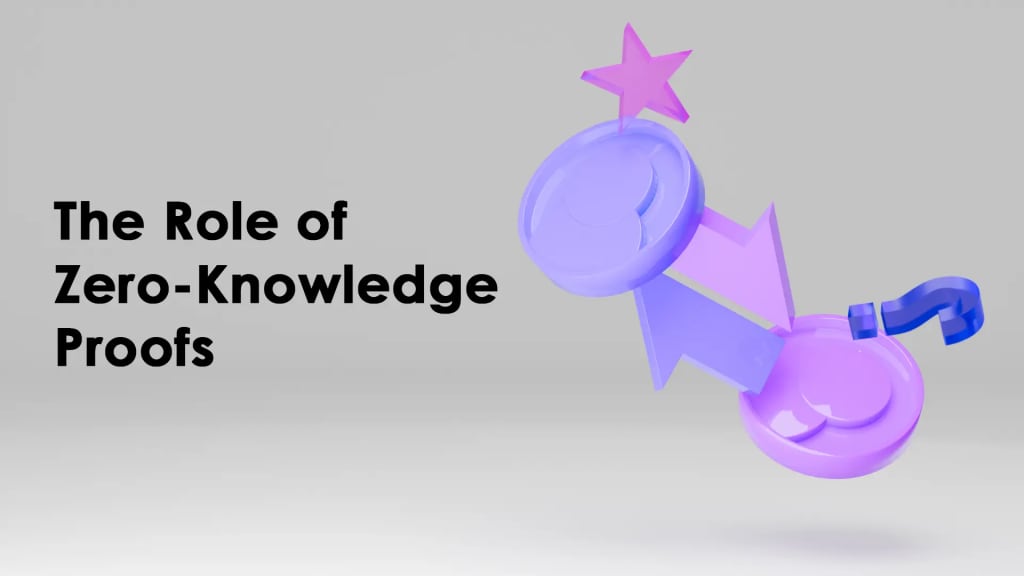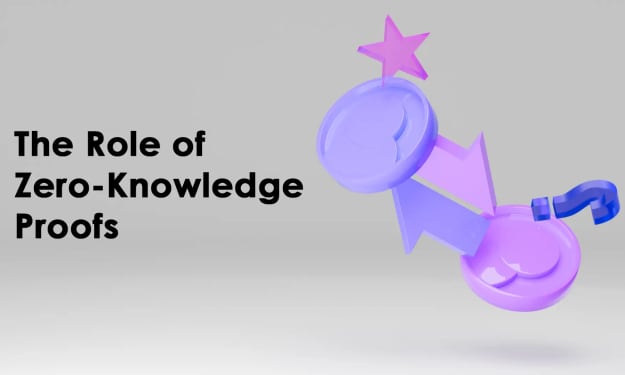
The rise of large language models like GPT-3 has revolutionized natural language processing. However, these powerful AI systems have also raised valid concerns about data privacy. Training large language models requires massive datasets, often containing sensitive personal information. Once deployed, these models can memorize and reproduce parts of their training data without explicit consent. This poses a major privacy risk to individuals whose personal data was scraped online and used without permission.
Recent examples like Galactica show that large language models can unintentionally leak passwords, emails, and other private details during public access. This happens because AI has no innate concept of privacy - it simply outputs information statistically related to the user's prompt. Even putting ethical constraints aside, large language models struggle to handle privacy properly. Their enormous breadth of knowledge makes selectively restricting sensitive information difficult.
This is where privacy-enhancing technologies like its proofs come in. They have emerged as a promising approach to address the inherent privacy risks of large language models. Integrating Zero-Knowledge Proofs into the training and inference pipeline of models like GPT-3 enables privacy protection by design. Users can verify that models don't misuse their data without restricting functionality. CosVM is one example of applying this technique, as we'll explore next. ZKPs offer a path to reconcile AI's immense potential with users' privacy rights.
What are Zero-Knowledge Proofs?
ZKP are cryptographic protocols that allow one party, the prover, to prove to another party, the verifier, that a statement is true, without conveying any information apart from the fact that the statement is true.
In a ZKP protocol, the prover possesses some secret information x. The verifier wants to check if the prover knows x but without the prover revealing what x is. To accomplish this, the prover and verifier engage in an interactive protocol, at the end of which the verifier is convinced that the prover knows x, but does not learn anything else about x.
The key properties of ZKPs are:
Complete privacy - The verifier learns nothing beyond the validity of the statement. No other information about x is revealed.
Soundness - If the statement is false, no cheating prover can convince the verifier that it is true, except with some tiny probability.
Zero-knowledge - If the statement is true, the verifier learns nothing beyond this fact.
By enabling a prover to demonstrate knowledge of secret information without revealing it, this is immensely useful for cryptography and privacy-preserving applications.
Zero-Knowledge Proofs for Privacy
It serves as a cryptographic method for verifying a statement's or transaction's accuracy without conveying any information apart from the statement's validity. This makes them highly useful for preserving privacy, especially in the context of sensitive data.
When leveraged in large language model chains like the best blockchain solution provider, it enables privacy-preserving training and inference. The proofs allow the model to generate accurate outputs while protecting the confidentiality of the underlying training data. Even if the training dataset includes sensitive personal information, ensure that data remains private throughout the machine learning pipeline.
During training, guarantee that the model only accesses encrypted data, learning patterns, and relationships without direct visibility. Then, when serving inferences, the proofs confirm the validity of model outputs without revealing any raw training examples. This upholds rigorous privacy standards for health records, financial information, or other sensitive data types.
Overall, provides a cryptographic shield around private data used in large language models. Individuals and organizations can trust these models to deliver useful insights without compromising the security of sensitive inputs. The proofs reconcile the immense capabilities of models like CosVM with the growing need to preserve confidential data.
Advantages of Zero-Knowledge Proofs in Data Privacy
They are useful in many different domains including:
Cryptocurrencies - These are used in cryptocurrencies like Zcash to enable private transactions where the sender, recipient, and amount are hidden. This provides financial privacy.
Authentication - Password-based authentication can be made more secure using this. The user proves knowledge of the password without revealing it. This enhances security.
Voting - E-voting - systems can leverage these proofs to enable votes to be securely cast and tallied without compromising voter anonymity. This ensures fair elections.
Passwords - This can be applied when storing password hashes to prevent offline brute-force attacks. Users can prove they know the password without exposing actual passwords.
Data Privacy - It allows sensitive data to be used in computations without exposing the actual data. For example, analytics on private medical data. This enables privacy-preserving data usage.
Overall, is a powerful cryptographic technique for advancing privacy across many different domains. Their unique ability to prove statements without revealing underlying secrets makes them applicable to a wide range of privacy-focused use cases.
Zero-Knowledge Proofs In Practice
It has progressed from theoretical concepts to practical implementations across diverse sectors. Here are some real-world examples:
Authentication Systems - Many authentication mechanisms now integrate protocols to verify identities without exposing passwords or biometric data. For example, Microsoft developed a password-less authentication system using proofs.
Blockchain Privacy - Leading cryptocurrencies like Zcash and Monero employ to enable private transactions on their blockchains. These proofs allow funds to be shielded and transactions validated without revealing the sender, recipient, or amounts.
Messaging Apps - Secure messaging platforms like Signal apply proofs to enable end-to-end encrypted communication. Users can exchange messages confidentially without disclosing contents to Signal's servers.
Voting Systems - Startups like Polyas leverage for private and verifiable e-voting. Voters can confirm their votes were counted without revealing who they voted for.
Digital IDs - Developers are exploring zero-knowledge identity schemes where users can prove credentials like age without sharing sensitive details. For example, Civic Wallet uses proofs for ID verification.
As zero-knowledge protocols mature, their adoption continues rising across sectors dealing with privacy-sensitive data. Implementing these proofs enables practical data privacy solutions.
Conclusion
Zero-knowledge proofs (ZKPs) play a main role in safeguarding data privacy, especially in large language models like CosVM Network. By allowing verification without revealing sensitive information, ZKPs ensure trust, compliance, and utility, making them indispensable for privacy protection in various domains, from cryptocurrencies to authentication systems.
Categories
General
IBC
dApp
Tutorial
Web3
Smart Contract
News
DeFi
Blockchain
Recent Posts
Cross Border Payments: How Blockchain is Simplifying Global Transactions
Cross Border Payments: How Blockchain is Simplifying Global Transactions
Enhancing Data Security With CosVM Solution
Enhancing Data Security With CosVM Solution
DAOs: Decentralized Autonomous Organizations Demystified
DAOs: Decentralized Autonomous Organizations Demystified
Blockchain and Personal Data Ownership: Taking Control of Your Digital Identity
Blockchain and Personal Data Ownership: Taking Control of Your Digital Identity





Comments
There are no comments for this story
Be the first to respond and start the conversation.